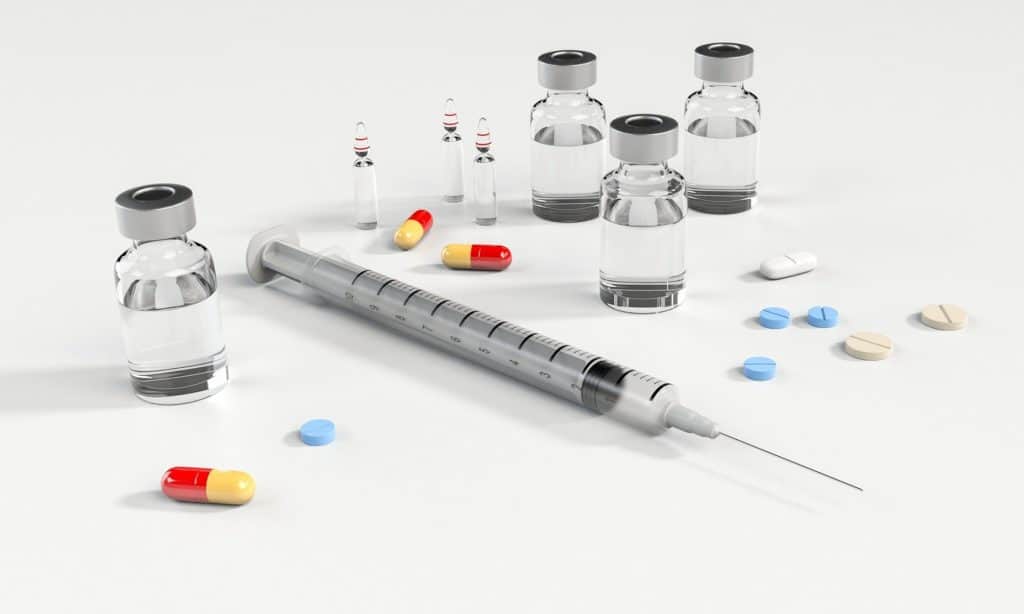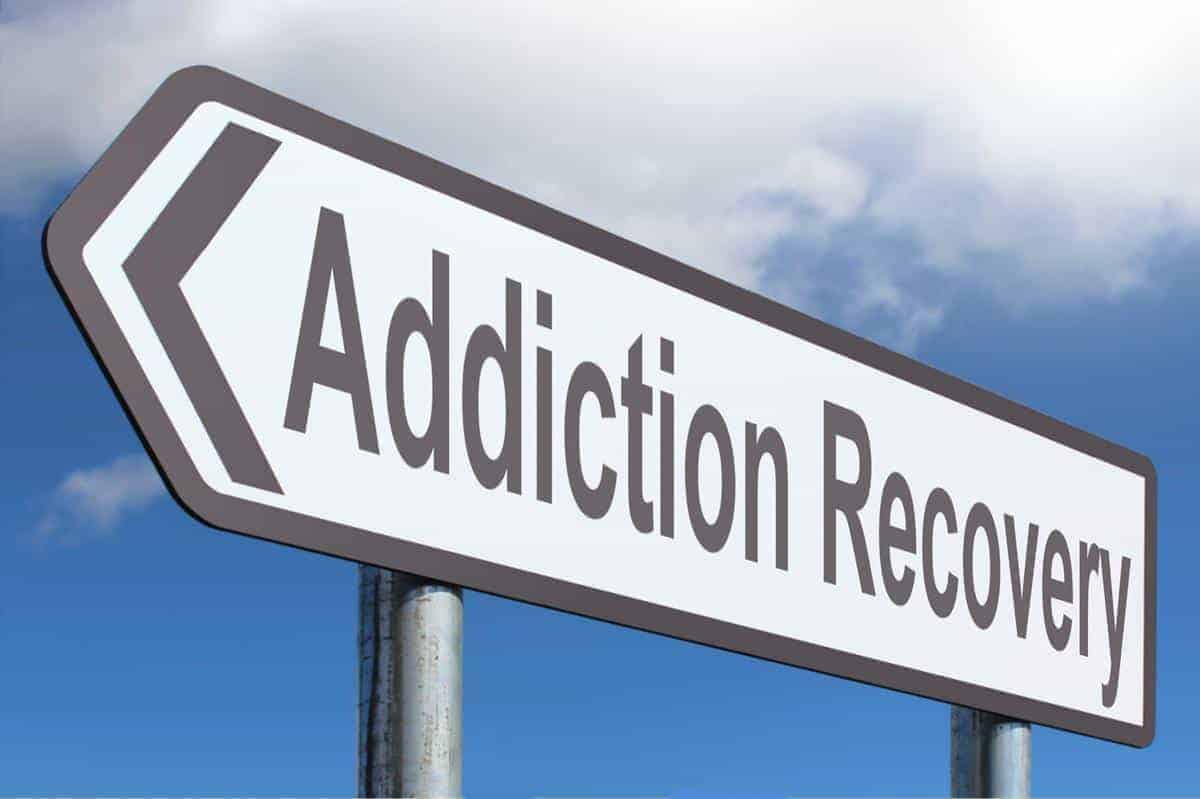Drug Addiction – causes, stages, symptoms and actions
Drug addiction is characterised by an inability to stop using mood altering substances despite the fact that they are doing physical and / or emotional harm. People get addicted to drugs for all sorts of reasons but there are generally recognised stages of addiction.
Why do people become addicted
People become addicted for a number of reasons and some people are more likely to become addicted than others. Addiction can run in families – there is a genetic link and this is considered to account for up to half of addiction. This is also linked to environment – if drugs are more freely available then people are more likely to become addicted. There is greater opportunity. Also drugs can be a more attractive form of escape if life is hard – usually if people struggle to make ends meet, or there is abuse and stress in their lives but also if they have ‘empty’ lives (even if they have wealth) and are looking for escape from being unfulfilled.
Those who try drugs early in life – especially before the age of 13 but aqlso in their teens – are more likely to become addicted because of their effect on the undeveloped brain.
People are also more likely to become addicted if they are anxious, stressed, depressed, highly critical of themselves etc. This is because the drugs provide temporary and welcome relief. It can be tempting to seek that relief on many occasions – whenever relief is needed – and this can lead to a habit and then an addiction.
Addiction can happen to anyone though. It does not respect social background, class, age, religion (or lack of it), culture, intelligence, race or employment. There are addicts in all strata of society throughout the world.
Stages of becoming addicted to drugs

There will always be a first time that someone uses drugs so the first stage is experimentation. This can occur due to peer pressure, curiosity or just opportunity. Usually this first stage is voluntary. If the individual likes the effects they are feeling, they will usually try that drug again and this may lead them on to the next stage which is regular use.
Many people become regular drug users and function quite well in their daily lives. Although their drug use may be illicit, the impact on their life is no different to that on the life of the person who consumes alcohol regularly. Use of drugs is voluntary and causes no serious detrimental effects. Drugs are used as a way to relax and as a short term form of escape.
However, for some people it does not stop there and their use of drugs escalates, on occasions leading to risky use and behaviour. This risky use may be due to the amount consumed or due to the nature of the drugs used – especially if the drugs are of unknown content and purity. Risky drug users may overdose or worse; they may become increasingly out of control and indulge in risky behaviours, leading them to come into contact with the law and health services and even risking death. It is like playing Russian Roulette with drugs.
Some people enjoy the effects of drugs so much that their use becomes habitual. They cannot have a good night out without taking drugs. They are not necessarily using every day but drug taking is an important part of their life. They may be heavy users – but if they really wanted to stop, they could do so.
Some though tip over from habitual use into addiction. As noted above, this is when the individual is unable to stop using even if they wish to do so and despite the harm caused.
What are the symptoms of drug addiction
The first symptoms of drug addiction may be behavioural rather than physical. So you may notice the addict becoming increasingly angry, irritable and discontented. Their patterns of behaviour may change so that they are unreliable. They may become more secretive and you may be suspicious or know that they are lying. Their sleep may be affected – they may be up more at night and sleep more during the day. Obviously drugs cost money so missing cash is a sign.
Physically their appetite may alter – often it will be suppressed but some drugs increase the appetite, such as cannabis. They therefore may gain or lose weight. They may sweat and tremble if they are withdrawing. Some drugs affect the eyes – opiates cause the pupils to constrict, drugs such as cocaine and amphetamines cause them to dilate. Cocaine destroys the septum of the nose and may lead to a runny nose – so cocaine addicts tend to sniff a lot.
You will know the individual’s usual persona and behaviour and if you are suspicious and some of these symptoms are present you may want to investigate further.
Of course you may find the actual drugs or drug paraphernalia – a pretty clear sign that someone is using. They may say it belongs to someone else – usually a form of denial which indicates a more serious problem.
What do I do if I think someone is addicted?
If you think someone is addicted, the best approach is to talk to them about it. Explain your concerns – why you think they have a problem, what you have observed, and how you want to help because you care about them and do not want to see them so unhappy (addicts usually are unhappy). They may deny it. If you are seriously concerned you may have to have a strategy in place before you have the conversation.
You cannot force someone to get help. However, you do not have to put up with their behaviour. So you can tell them that unless they get help and change things, you will no longer be able to be their friend / live with them / allow them to be around the children etc etc. They may accept this and choose the drugs over what you are threatening to remove from their lives. Only threaten to do what you are willing to do, otherwise they will not take you seriously if you have a similar conversation at some point in the future.
They can get help from their GP, the local drug and alcohol services or from the various support groups set up for addicts who want to stop – such as Narcotics Anonymous, Cocaine Anonymous and other local support groups. If they are unable to stop while living at home, they may have to go away and attend residential rehab. This will be usually for a 28 day programme minimum and often has to be funded privately.


